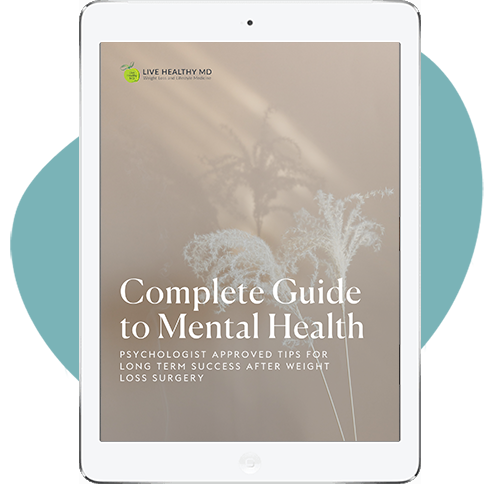
Our emotions significantly influence our dietary habits. It's quite common for intense feelings to disrupt our eating patterns, often leading to a sense of losing control over food intake. This phenomenon connects closely with the relationship between depression and weight gain, which isn't solely a result of external factors but also involves chemical imbalances in the brain.
The interplay between depression and weight gain is bidirectional. Those experiencing depression may find themselves on the path to becoming overweight, while overweight individuals are at an increased risk of developing depression. The Centers for Disease Control and Prevention (CDC) reports that nearly 43% of adults with depression are also dealing with obesity. Furthermore, adults diagnosed with depression are more likely to struggle with maintaining a healthy weight.
The scientific community is actively exploring the underlying processes of this link between depression and weight gain. A key aspect of this relationship is how hormones affect our appetite and mood.
The Hormonal Impact on Depression and Weight Gain
Depression often goes hand in hand with elevated stress levels. Excessive production of cortisol, known as the stress hormone, can lead to insulin resistance – a condition where the body doesn't effectively use insulin. This can prompt the pancreas to produce more insulin to regulate blood glucose levels, potentially leading to weight gain and even diabetes if not managed properly.
Stress is also known to boost serotonin production. Serotonin, a neurotransmitter, is crucial in transmitting signals throughout the body and acts as a natural suppressant of appetite. It plays a vital role in mood regulation as well. Research has shown a clear connection between serotonin levels and both depression and weight gain.
For instance, consuming high-carbohydrate foods triggers serotonin release. When serotonin levels are well-regulated, they can significantly influence mood and reduce food cravings. One study highlighted that individuals who included carbohydrates in their diet experienced a rise in serotonin levels, which positively affected their mood. Additionally, eating low-fat carbohydrates in appropriate quantities and at specific times can enhance serotonin's effectiveness in increasing satiety, leading to reduced food intake and weight loss.
Strategies to Manage Depression and Weight
1. Dietary Adjustments
The food you consume plays a pivotal role in your emotional well-being. Research indicates that a diet rich in protein can elevate levels of dopamine and norepinephrine, brain chemicals essential for mood and emotional regulation. Similarly, fruits and vegetables are associated with enhanced happiness and reduced depression symptoms.
2. Physical Activity
Regular exercise has been proven to enhance mental health by promoting relaxation, reducing anxiety, increasing energy levels, and boosting self-esteem. Physical activity triggers the release of endorphins, hormones that alleviate pain, diminish stress, lower anxiety, and enhance overall well-being.
Exercise also contributes to better sleep, aiding in mood regulation and mental clarity. Engaging in moderate-intensity exercises, such as brisk walking for 30 minutes, can yield these mental health benefits. These 30 minutes of exercise can be broken into smaller segments, such as three 10-minute walks, and still be effective.
3. Reevaluate Medications
Some antidepressants list weight gain as a side effect. If you're looking to lose weight and have found alternative ways to manage depression, consult your doctor about the possibility of discontinuing these medications. Open communication with your healthcare provider is crucial, especially if weight management is a key part of your health journey. They can assist in finding other options for mood management.
4. Meditation Practices
Meditation is a mind-body therapy aimed at achieving deep relaxation. It involves focusing on your breathing and clearing your mind of the thoughts and emotions contributing to depression or anxiety. Research has shown that meditation can effectively reduce symptoms of anxiety and depression. It lowers cortisol levels, leading to a more relaxed state of mind. Various meditation practices, including guided meditation, mindful meditation, mantra meditation, and yoga, can all significantly improve mental health.












